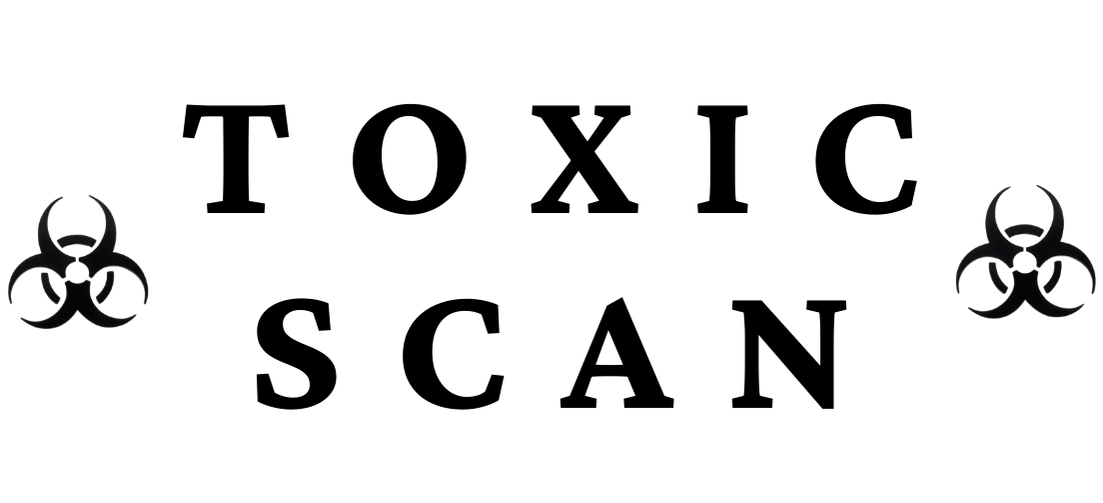E120: Cochineal
E120: Cochineal
What is E120 (Cochineal)?
Cochineal (E120), also known as carmine or carminic acid, is a deep red dye derived from the dried bodies of female Dactylopius coccus insects, commonly called cochineal bugs. These scale insects live on prickly pear cacti native to South America and Mexico. The dye has been used for centuries, with its origins tracing back to the Aztec and Maya civilizations, who used it to color textiles and as a paint pigment.
Source and Production
The production of cochineal involves several stages:
- Harvesting: Female cochineal insects are hand-collected from cacti where they feed 2. Processing: The insects are dried in the sun, by oven, or by steam 3. Grinding: The dried insects are ground into a powder 4. Extraction: Carminic acid (the main coloring compound) is extracted using water or alcohol 5. Purification: The extract is filtered and may be combined with aluminum salts to form carmine lake 6. Formulation: The final product is standardized for color strength and prepared in liquid or powder form
It takes approximately 70,000 insects to produce one pound of cochineal dye, making it a relatively expensive natural coloring.
Common Uses in Food
E120 is widely used to provide red, pink, and purple colors in:
- Fruit juices and alcoholic beverages (especially red-colored aperitifs)
- Yogurts and dairy desserts
- Ice cream and sorbets
- Jams and jellies
- Candies and confectionery
- Processed meats and fish products
- Lipsticks and cosmetics
- Pharmaceutical products
Health and Safety
Safety Profile
As a natural ingredient with centuries of use, cochineal has generally been considered safe for most people. However, there are some concerns:
- Allergic reactions: Can cause severe allergic reactions in some individuals, including anaphylaxis
- Asthma symptoms: May trigger asthma in sensitive people
- Insect-derived: Not suitable for vegans or those with religious or ethical objections to insect products
- Hyperactivity: Some studies suggest possible links to behavioral issues in sensitive children
Allergic Reactions
The main safety concern with cochineal is its potential to cause allergic reactions. These can range from mild skin reactions to severe anaphylaxis. People with existing allergies to red dyes or insects may be at higher risk. The U.S. Food and Drug Administration (FDA) requires that cochineal be specifically listed on food labels due to these allergenic properties.
Regulatory Status
Cochineal's regulatory status worldwide is generally positive but with some restrictions:
- European Union: Approved as E120 for use in various food categories
- United States: FDA-approved but must be specifically declared on the label as "cochineal extract" or "carmine"
- Australia/New Zealand: Permitted with proper labeling
- Kosher certification: Generally not considered kosher due to its insect origin
- Halal certification: Status varies by certifying body
Identification on Labels
Cochineal may appear on ingredient labels under various names:
- E120
- Cochineal
- Cochineal extract
- Carmine
- Carminic acid
- Natural Red 4
- C.I. 75470
Cultural and Ethical Considerations
Being derived from insects, cochineal raises several ethical and cultural considerations:
- Vegan/vegetarian diets: Not suitable for vegans or some vegetarians
- Religious restrictions: Not kosher and may not be halal
- Indigenous heritage: Has cultural significance for indigenous communities in South America
- Traditional harvesting: Often provides income for rural communities in Mexico and Peru
Alternatives to E120
For those wishing to avoid cochineal, alternatives include:
-
Plant-based red colorings:
- Beetroot extract (E162)
- Anthocyanins from berries (E163)
- Lycopene from tomatoes (E160d)
- Red cabbage extract
-
Synthetic alternatives:
- Allura Red (E129)
- Ponceau 4R (E124)
- Erythrosine (E127)
However, many people seeking to avoid cochineal do so because of concerns about synthetic dyes as well, making the plant-based alternatives generally preferable.
Conclusion
E120 (Cochineal) represents an interesting case in food additives—a natural product with centuries of traditional use but which nonetheless poses health concerns for some individuals. Its moderate toxicity rating (2/5) primarily reflects its allergenic potential rather than inherent toxicity.
As food manufacturers respond to consumer demand for natural colorings over synthetic alternatives, cochineal remains popular despite not being suitable for all dietary restrictions. For most consumers without specific allergies or ethical objections, it represents a safer alternative to many synthetic red dyes. However, proper labeling is essential to allow those with sensitivities to make informed choices.
